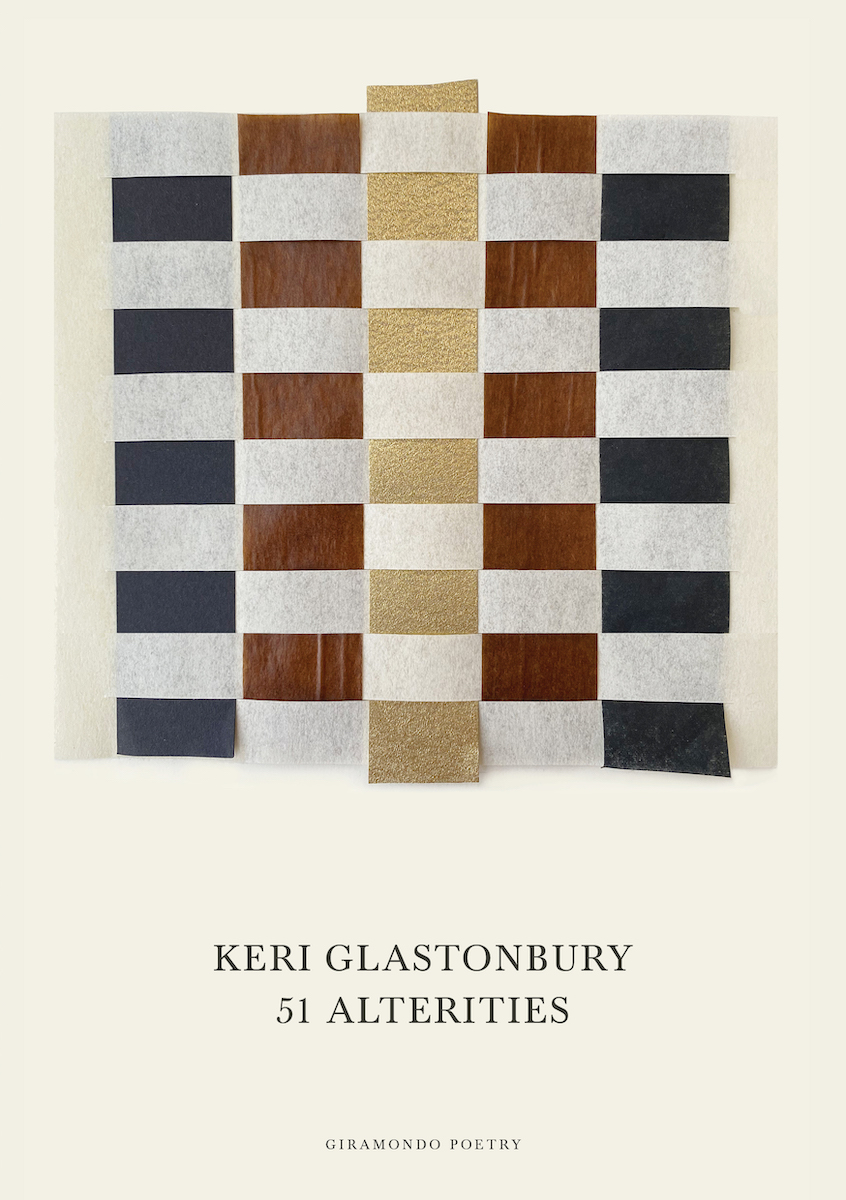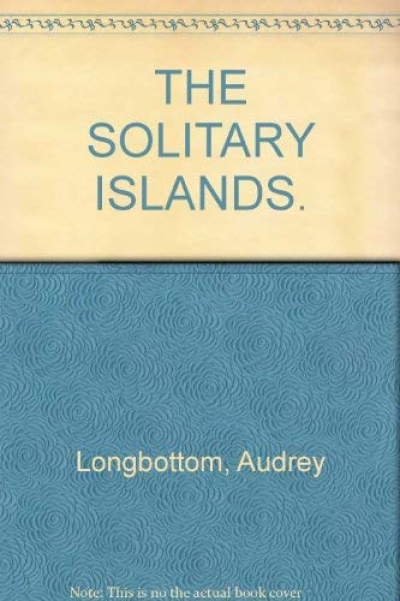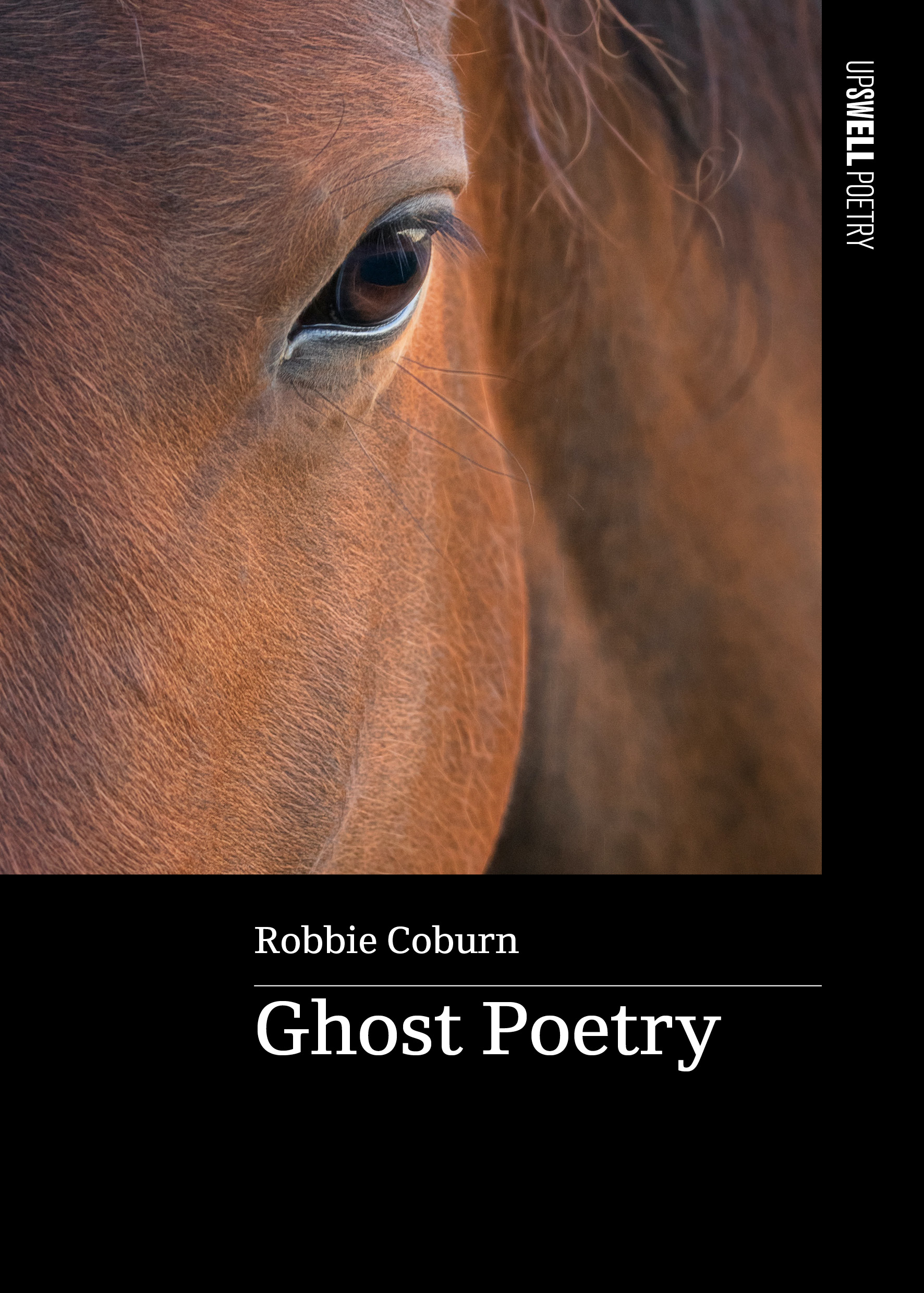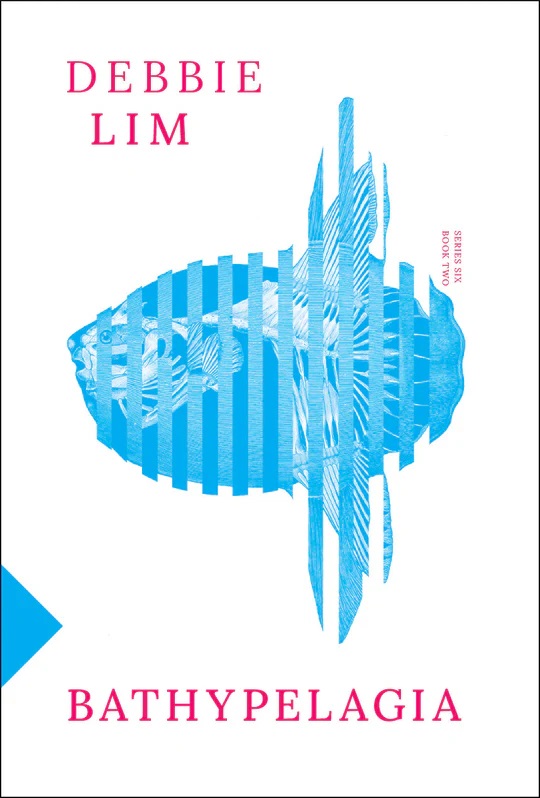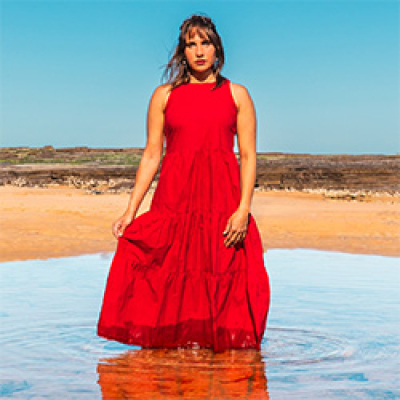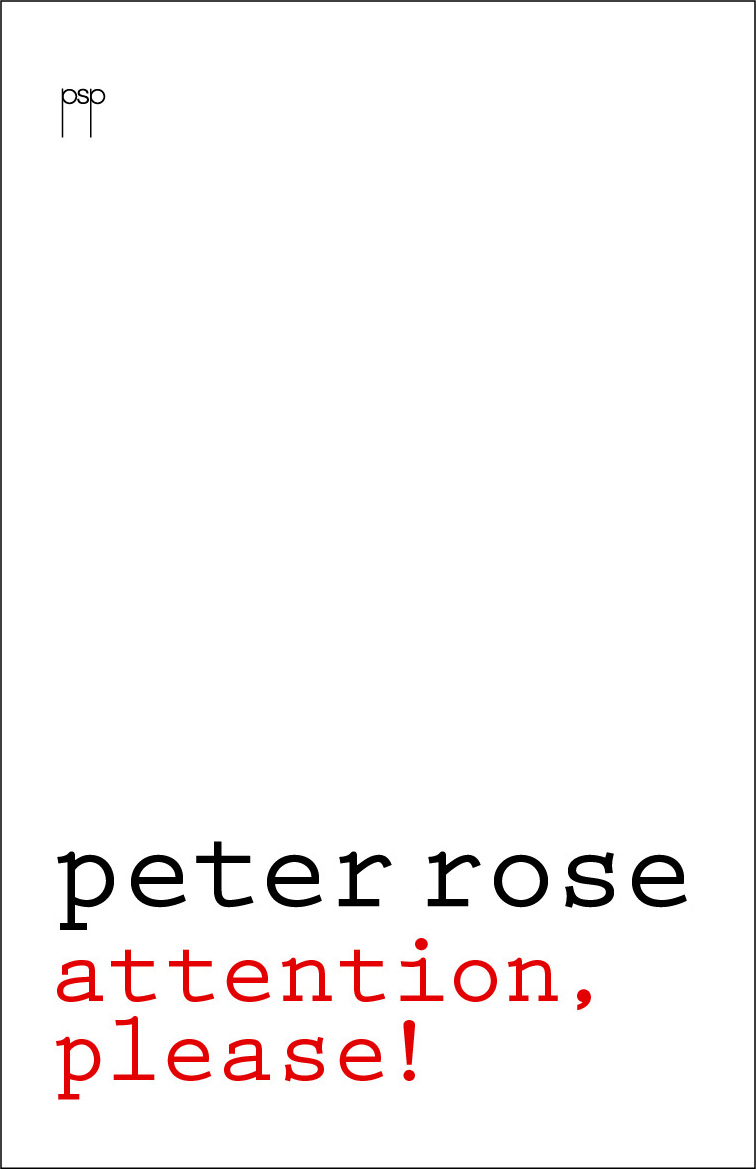Poetry
The title of Keri Glastonbury’s latest collection of poems, 51 Alterities, evokes the title of 81 Austerities (2012) by the English poet Sam Riviere. Glastonbury’s collection is, according to its author, ‘offered as a loose “antipodean” adaptation’ of 81 Austerities, a collection that was written ‘in response to the impact of austerity measures on the arts and as a provocation on poetry as a contemporary media in the internet age’. Post-internet poetry, taking on as it does the syntax and lexis of internet discourse (especially, but not wholly, that used in social media), has become a dominant style in contemporary Anglophone poetry. When 81 Austerities was reviewed by The Daily Telegraph the headline was ‘Poetry for the Facebook Age’. Such a caption now seems laughably dated, and perhaps a little naïve, suggesting something of the dangers of writing post-internet poetry. A decade is a long time in cyberspace.
... (read more)The Unborn Child Speaks To The Sea by Susan Schwartz & Heritage Of Air by Madge Staunton
Here we have poetry by five women. The most artful, Patricia Avery, her motifs glass, ice, crystal, reflections, mirrors, water, waves, ocean, I find obscure. In absolute contrast is the work of Susan Schwartz, simply expressed, crystal clear, yet subtle, and full of striking images.
... (read more)Poetry Australia No. 101 edited by Grace Perry & Poetry Australia No. 102 edited by Paul Kavanagh
With issues 101 and 102 (Renewing Dialects: New Poetry from England, Ireland, Scotland and Wales), Poetry Australia has entered upon the estate of the sage organ. The two issues account fairly representatively for PA’s traditional function – to provide opportunity, a periodic review of contemporary poetic activity, and a reliable voice. Herbert Jaffa leads off 101 with ‘Poetry Australia at One Hundred: An Impression and Appreciation’, a tribute to PA as source material and as a place of opportunity for the newish and oldish poet; and Elizabeth Perkins closes the show with a review essay of its special issues since 1968 (up to, but not including, 102). This essay cogently reminds poets and readers of a basic requirement: that poets keep ‘good faith towards the language they use’. An editor could do worse than start with such a requirement. Both 101 and 102 are clearly open to the possibilities of ‘new’ languages, and alternatives to the sort of ‘I’ catalogue of micromoments that so often puts new readers off. Shifting of the ‘I’ shuffles up some interesting versions of tone.
... (read more)Grief, depression, and trauma do terrible things to the human body and spirit. The brain rebels callously against its vessel, leaving the wounded mind to wallow in the deepest pits of despair, perpetually refreshing pain and obsessively seeking out the recesses of scarred memories.
... (read more)The poems of Bathypelagia by Debbie Lim and Re:Vision by Isi Unikowski are poems of cartography; they map the unknown and probe the world with human curiosity, tracing meaning onto elusive places, feelings, and encounters, solidifying these through the writing process. Both collections conspire to understand the world as they construct their realities one line at a time, the poems themselves moving – in the former’s case, vertically from the deep sea, and, in the latter’s case, through the casting of light, the revealing of landscapes.
... (read more)This week on the ABR Podcast, Felicity Plunkett reviews new collections of Antigone Kefala’s poetry and fiction, observing that the belated recognition of this major Australian figure suggests that Kefala has moved beyond the designation ‘migrant writer’.
... (read more)Kirli Saunders (OAM) is a proud Gunai Woman and multi-award-winning writer, artist, singer-songwriter, and consultant. Kirli creates to connect, to make change. She was awarded an Order of Australia Medal for her contribution to the arts in 2022. Kirli is the author of eight books, including Bindi (2020), Returning (2023), Afloat (2024), and Eclipse (2025). Her theatre show Yandha Djanbay will tour in 2026.
... (read more)What is immediately striking about Kirli Saunders’s Eclipse and Anne-Marie Te Whiu’s Mettle is that although both collections have much in common it is the differences that engage the reader. Saunders is a Gurnai woman and Te Whiu an Australian of Māori heritage: both poets write with an assurance and freedom founded on their respective heritages and the political struggles of an earlier generation of First Nations writers. In consequence, the poetry in both collections is precise and individual in its consideration and depiction of contemporary First Nation lives and subjectivities.
... (read more)Peter Rose, the editor, for just under a quarter of a century, of these pages, has put down his scissors and pot of glue to turn seventy (in June) and step back into civilian life. Coincidentally or not, he has also just put out another book of poems, Attention, Please!, his first since The Subject of Feeling in 2015. The new title – a softened imperative – speaks aptly and cannily for the contents.
... (read more)For a long time, Antigone Kefala was thought of as a migrant writer. This lens confined discussion of her work to the territory of biography and witness and obscured the migratory poetics of the writing itself. In her spare, bristling poems and candid journals, and across her non-fictional prose and fiction, Kefala’s restive work hinges on precision and vision.
... (read more)

